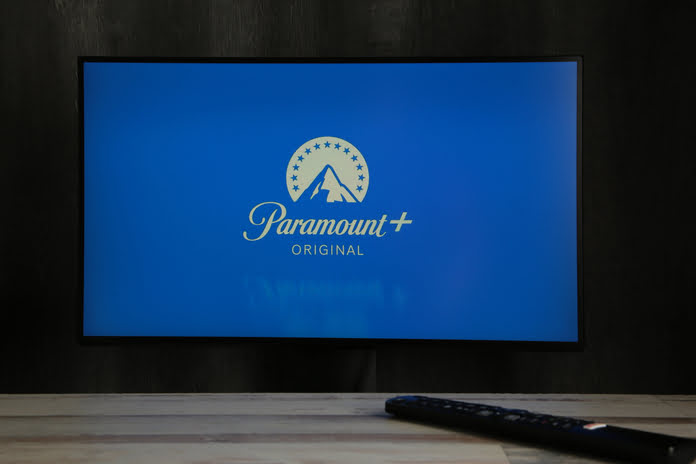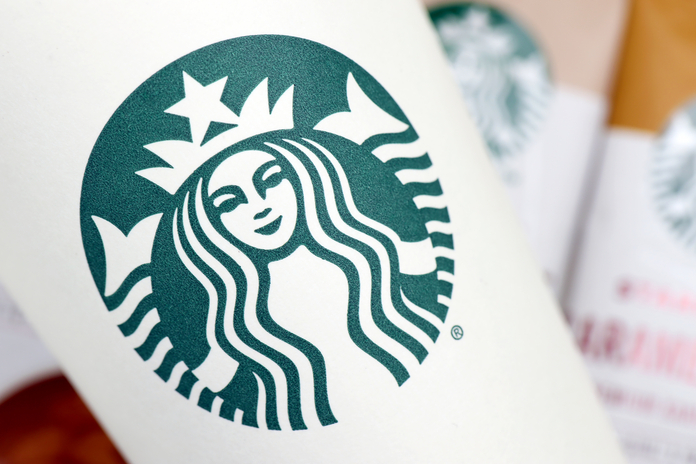Merck & Co. (NYSE:MRK) reported second-quarter 2022 adjusted earnings of $1.87 per share, exceeding expectations of $1.67 (excluding currency impact). Better revenues led to higher profits.
Merck Posted Solid Quarterly Results
Including acquisition and divestiture-related charges, restructuring costs, investment income and losses, and other items, earnings per share were $1.55 compared to $0.48 in the prior-year quarter.
Revenues surged 28% year-over-year (31% in constant currency) to $14.6 billion, driven by Lagevrio (molnupiravir), cancer medicines, and HPV vaccinations. Sales beat the consensus estimate of $13.8 billion.
Merck (NYSE:MRK) shares rose more than 1% in premarket trade on better-than-expected earnings. The stock is up 18% year-to-date.
The Pharmaceutical segment generated $12.7 billion, up 28% year-over-year, thanks to Merck’s COVID-19 medication Lagevrio. Oncology medications and HPV vaccinations boosted revenue. Pharmaceutical category sales rose 18% excluding Lagevrio, recovering from the COVID-19 pandemic.
Keytruda, Merck’s top medicine, achieved $5.25 billion in revenue, up 26% year-over-year (30% excluding Fx impact). Keytruda sales are boosted by lung cancer and other indications.
Lagevrio, the company’s COVID-19 medication, achieved $1.77 billion in sales during the second quarter. Lagevrio had $3.24 billion in first-quarter sales.
Lynparza and Lenvima alliance income improved oncology sales. Merck (NYSE:MRK) has deals with AstraZeneca and Eisai to co-develop and market PARP inhibitor Lynparza and tyrosine kinase inhibitor Lenvima.
Lynparza alliance revenues climbed 11% year over year to $275 million. Higher demand in the U.S. and China boosted Lenvima alliance sales by 28% to $231 million.
Neuromuscular blocker drug Bridion injectable sales increased 10% year-over-year, showing a resurgence in surgical procedures. Merck’s vaccine portfolio mostly recovered.
Strong demand in China drove sales of HPV vaccines Gardasil and Gardasil 9 up 36% year-over-year to $1.67 billion. Proquad, M-M-R II, and Varivax vaccination sales rose 12% to $578 million. Rotateq sales fell 17% to $173 million. Pneumovax 23 sales rose 1% to $153 million. Januvia/Janumet franchise sales fell 2% to $1.23 billion. Foreign currencies and lower overseas prices harmed medicine sales. In July, the medications lost market exclusivity in China and in September in the EU. Generic entry could affect sales.
Merck’s Animal Health sector earned $1.5 billion and was flat year-over-year.
Adjusted gross margin was 74.7%, down from 76.5% in the year-ago quarter due to Lagevrio’s profit-sharing with Ridgeback.
Due to increasing administrative costs, SG&A spending increased 7% to $2.4 billion. R&D spending fell 34.9% to $2.5 billion. In the second quarter of 2022, R&D costs do not include Pandion’s $1.7 billion acquisition.
Outlook for 2022
Merck upped 2022 revenue forecasts. Merck (NYSE:MRK) forecasts 2022 revenues of $57.5-$58.5 billion, up from $56.9-$58.1 billion. This means an 18-20% growth is projected.
Merck lowered 2022 earnings forecasts. Adjusted EPS is estimated to be $7.25-$7.35, compared to $7.24-$7.36.
Adjusted operating costs are estimated to be $20.5-21.5 billion, up from $20.3-21.3 billion.
Merck’s second-quarter earnings and sales beat expectations. A continuous recovery from the pandemic and solid worldwide underlying demand led to better sales in the quarter.
Vaccine sales are recovering from the COVID-19 pandemic. Merck predicts a successful 2022.
Merck (NYSE:MRK) achieved advances in its pipeline, including FDA approval for Vaxneuvance to prevent invasive pneumococcal illness in babies and children. The EU approved four new Keytruda indications. The medicine boosted revenue in the second quarter and presumably will throughout 2022.
Featured Image: Megapixl © Prometeus

















